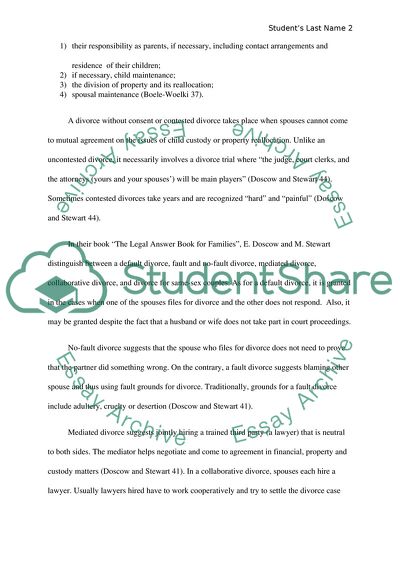Cite this document
(“Psychological Aspects Of Divorce Research Paper”, n.d.)
Psychological Aspects Of Divorce Research Paper. Retrieved from https://studentshare.org/psychology/1580569-divorce
Psychological Aspects Of Divorce Research Paper. Retrieved from https://studentshare.org/psychology/1580569-divorce
(Psychological Aspects Of Divorce Research Paper)
Psychological Aspects Of Divorce Research Paper. https://studentshare.org/psychology/1580569-divorce.
Psychological Aspects Of Divorce Research Paper. https://studentshare.org/psychology/1580569-divorce.
“Psychological Aspects Of Divorce Research Paper”, n.d. https://studentshare.org/psychology/1580569-divorce.


